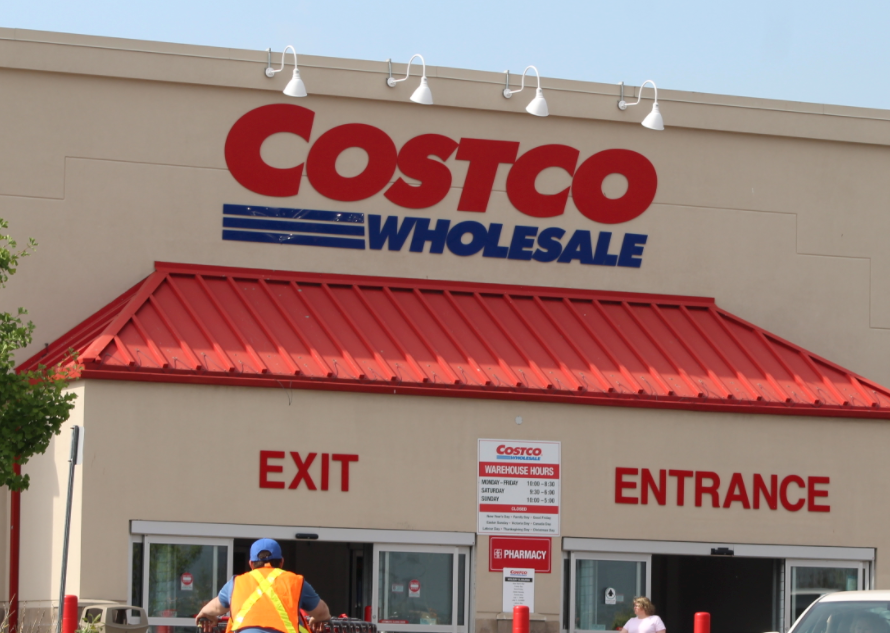The price tag for the 150-,000-square-foot Costco retail store and fueling station proposed for southeast Longmont is going up, due to a variety of factors including the rising cost of building materials and supply chain issues.
The new total estimated cost of the project is $15,024,268, compared to $12,530,953 proposed in November 2020. Some of the hard costs to the city — $2.9 million — will ultimately be funded from the city’s Affordable Housing Fund. That price represents the $1.4 million authorized in 2020 plus an additional $1.4 million in American Rescue Plan funding to purchase the 9-acres of affordable housing property along with the corresponding share of public improvements associated with the affordable housing property.
The $12 million balance will be funded through sales tax generated from the development, the report states.
The Longmont City Council will consider the cost hikes to the Costco project during a regular session Tuesday night.
The staff report states the Costco facility would generate $4.06 million in the first full year of operation. Staffers estimate 25.9% of that revenue could come from “cannibalization” of existing Longmont retailers, which would still result in over $3 million in net new sales tax to the city annually.
The $10.86 million given in incentives to bring Costco to Longmont would be recovered in less than four years, the staff report states.
As the design of the Costco project moved along, several unforeseen items drove up the cost. They included the Bonus Ditch relocation, site underdrain and additional site grading/earthwork and demolition, the staff report states. Prices for pvc pipe, steel, wood and concrete have escalated by more than 30% in the past year.
The Front Range construction market is more active which has led to material shortages and delays in supply, which has hiked up prices, the report states. Labor shortages are also to blame for higher expenses, the report states.
CLARIFICATION: The article further explains how the affordable housing fund will be spent.



